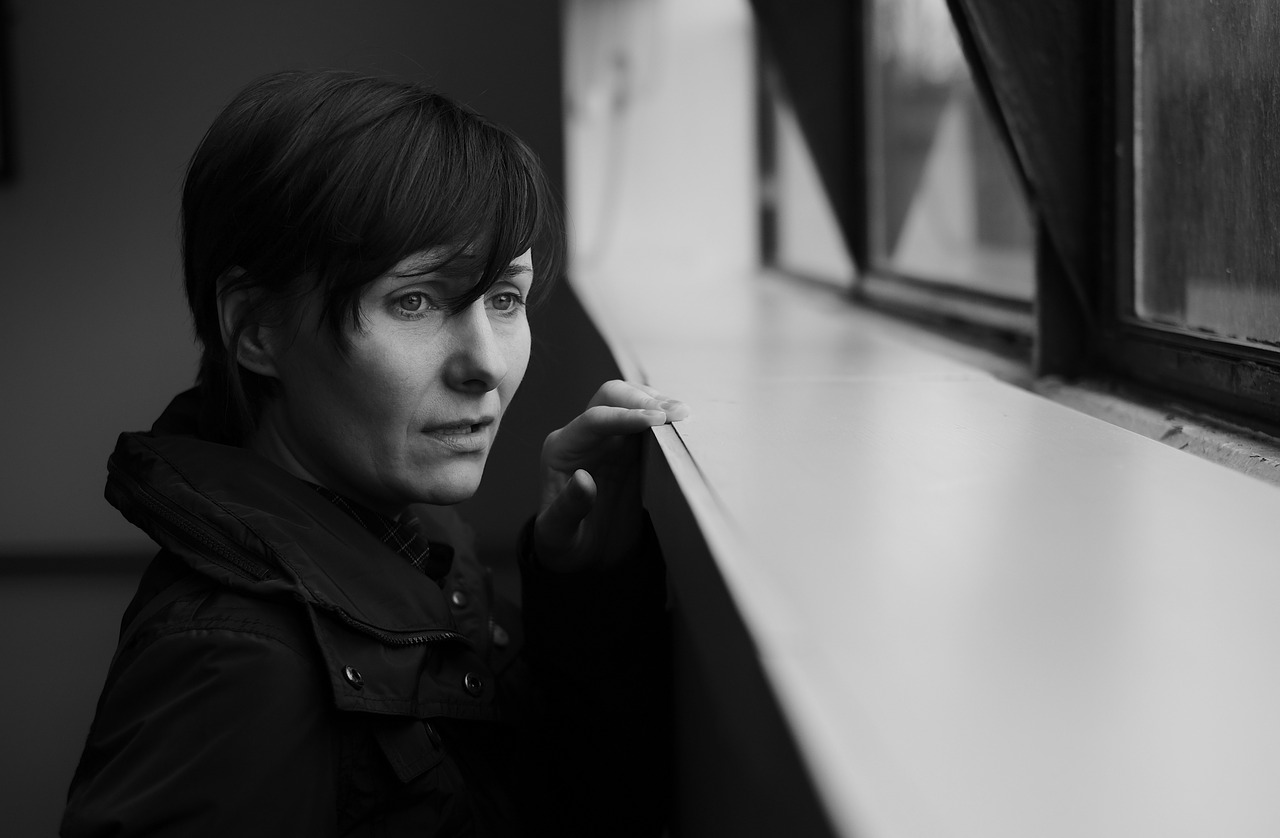By Stephanie Wijkstrom, MS, LPC, NCC Founder of Counseling and Wellness Center of Pittsburgh
Depression and Grief are two situations that bring people great suffering, they are two common presenting concerns for those who choose to manage their mental health with the help of psychotherapy. Both of these mental health maladies cause emotional pain, feelings of sadness, hopelessness, and despair. Yet they are also distinctly different. Let us explore more about depression and grief.
Depression in all of its various forms, from major depressive disorder to dysphoria, causes significant impairment in one’s ability to act their role in life, in both cases motivation and energy can become very low, so much that in major depression it is common for someone battling it to have not gotten out of their bed for weeks. It is true that an episode of depression can be triggered by situational factors in the outside world, just as grief is the emotional reaction to the experience of losing something or someone. Additionally, grief can be the onset for an episode of one of the forms of depression and simultaneously, having an underlying predisposition towards depression can also make a person more susceptible to exhibiting grief. It is easy to see how similar non-complex grief and depression are, even on a physical level, both share the associated symptoms of weight-loss, fatigue, sadness, and low appetite. Complex grief appears similar to depression in that it is exhibited over a longer period of time, the person exhibits anger, irritability, and intense bouts of sadness as well as an avoidance of things associated with the grief and being especially challenged to accept the reality of the loss, in some cases those with complicated grief have even attempted or contemplated suicide, usually in an effort to join the person who they lost. With all of the similarities between them, lets look at how they are distinctly different.
Grief is caused by a distinct loss. The person who is experiencing grief may also notice that they feel a bit better when they are surrounded by social supports or other significant people who can help them. A person who is hurting from grief tends to notice that in time, their symptoms start to subside and that the most intense feelings of sadness present when they remember something about the person they lost or around an anniversary or holiday. Grief is the result of losing a relationship or the life of someone that is deeply loved and cared about, the heart and mind eventually do heal even though at first it may not seem like it. For depression, the symptoms may linger on for weeks, months, or even years with no end in sight in many situations the symptoms worsen with time until the person seeks mental health therapy or medical support like medication. Many depressed people also avoid their social supports or push them away completely. A depressed person may struggle with a global feeling of guilt that has no rational component. Finally, a person who is depressed may experience thoughts of suicide or even act upon those thoughts. Sometimes a depressed person may have impaired speech and delusional or paranoid thinking.
Ultimately, the experience of suffering greatly is a unifier in depression and grief. Human suffering and sadness can not be taken lightly and fortunately both can be supported and resolved with the help of cognitive behavioral therapy and in other instances medication or both. If you or someone you know seems to be suffering from one of these, find a therapist near you and work to take the next steps toward peace and happiness.




